
"My mother’s idea of heaven was a pulse, nurses in white spilling light across fields with hurricane lamps, bandage rolls, syringes, pain killers, stethoscopes, pressure cuffs, patella hammers."

"My mother’s idea of heaven was a pulse, nurses in white spilling light across fields with hurricane lamps, bandage rolls, syringes, pain killers, stethoscopes, pressure cuffs, patella hammers."
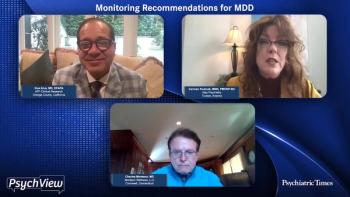
Charles Montano, MD, and Carmen Kosicek, MSN, PMHNP-BC, provide advice regarding monitoring for adverse events and compliance with different classes of MDD treatment and review suggestions for follow-up and special patient populations.
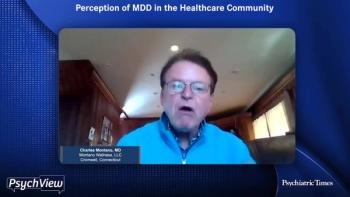
Experts in psychiatry share their thoughts on the perception of MDD within the healthcare community and the implications of this condition being viewed as chronic vs episodic.

Are you ready for the Year of the Rabbit?

Apimostinel is in development for the treatment of acute depressive disorders and depression with suicidality.

"There is no greater loneliness..."

"Darkness cannot drive out darkness; only light can do that."

Welcome to 2023, the 25th year of Poetry of the Times with Richard Berlin, MD!

What issues are we still carrying from 2022?

Out with the old and in with the new...

Work takes up one-third of a patient’s life—it is important that we pay attention to it.

"We were running out of breath, as we ran out to meet ourselves..."


A new treatment in development is poised to be a game-changer for patients with postpartum depression.

An expert discusses the latest on EndeavorRx and more digital therapeutics for this patient population.

Incoming from the big man in red...

"It is Christmas eve and our patient lies on the table in twilight sleep..."
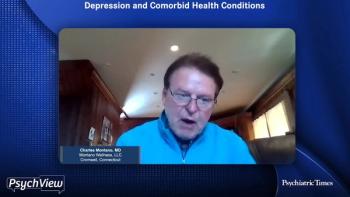
Carmen Kosicek, MSN, PMHNP-BC, and Charles Montano, MD, comment on the interplay between depression and other comorbid psychiatric and medical health conditions as well as the economic impact of MDD.
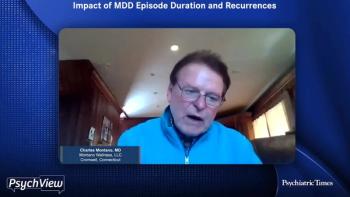
Charles Montano, MD; Carmen Kosicek, MSN, PMHNP-BC; and Gus Alva, MD, DFAPA, review the impact of the duration of MDD episodes and goals of managing episode recurrences.

When you speak against one form of hate, you speak against all hate...

How can you decrease financial stress around the holidays?
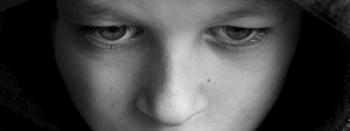
How can we support the unique needs of this patient population?

What is most memorable about your childhood holiday celebrations?
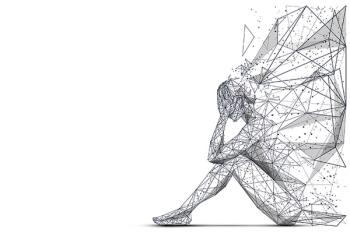
New research explores ulotaront as an adjunctive therapy for adults with major depressive disorder.

How can listening to music help promote mental health?

"We wait, our bare feet dangling in the horse trough..."
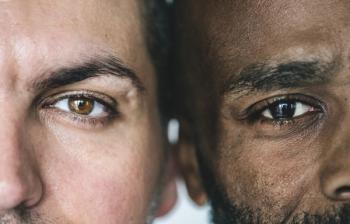
Most men want more friends—and it's affecting their mental health. How can clinicians help?

"My work is loving the world..."

How can we better understand the evolving roles of men and boys in society?

In honor of Barry Marcus.